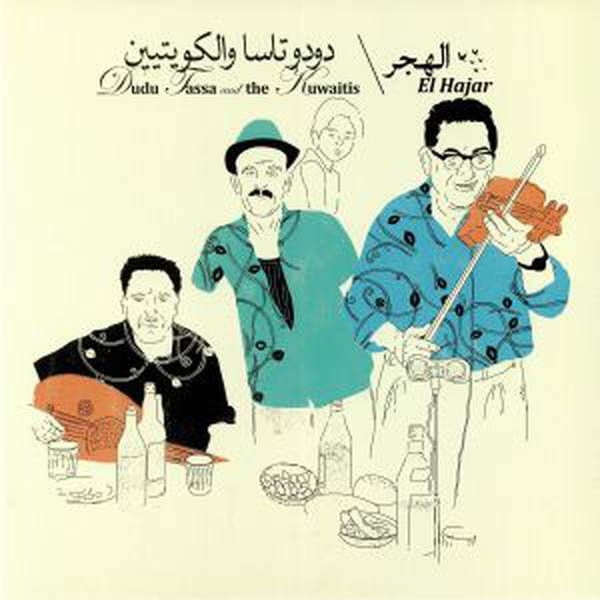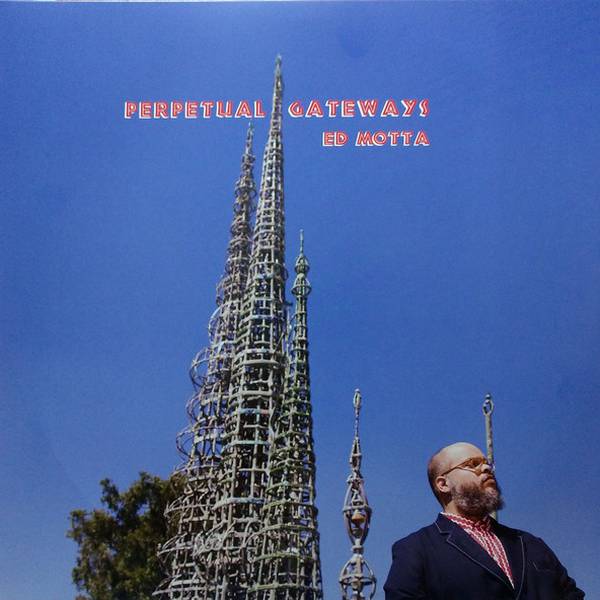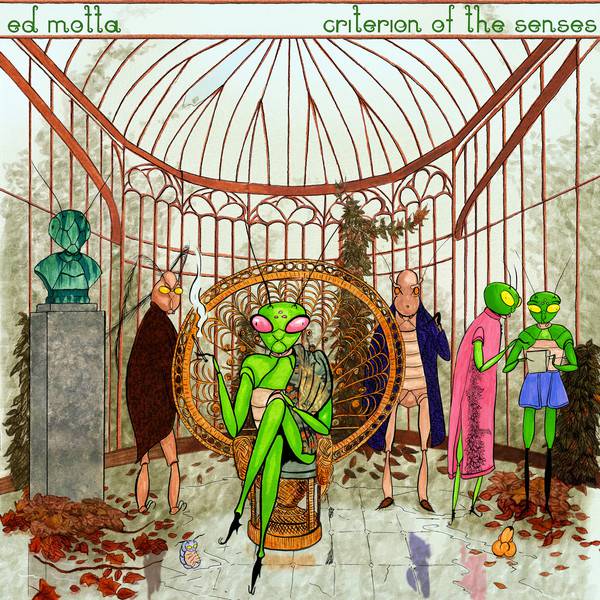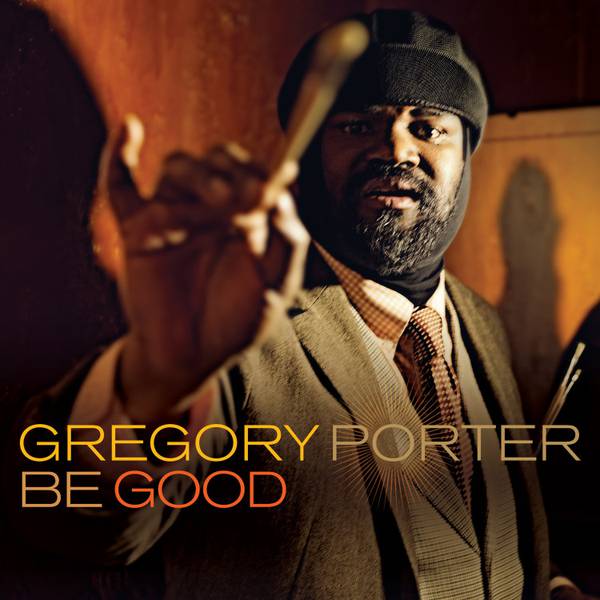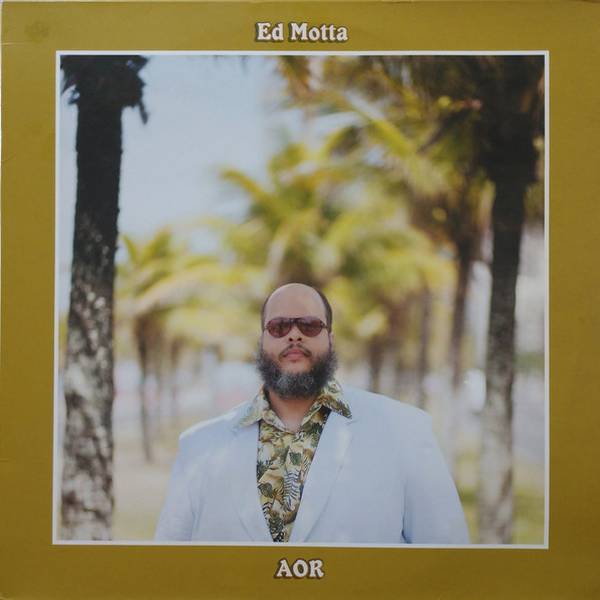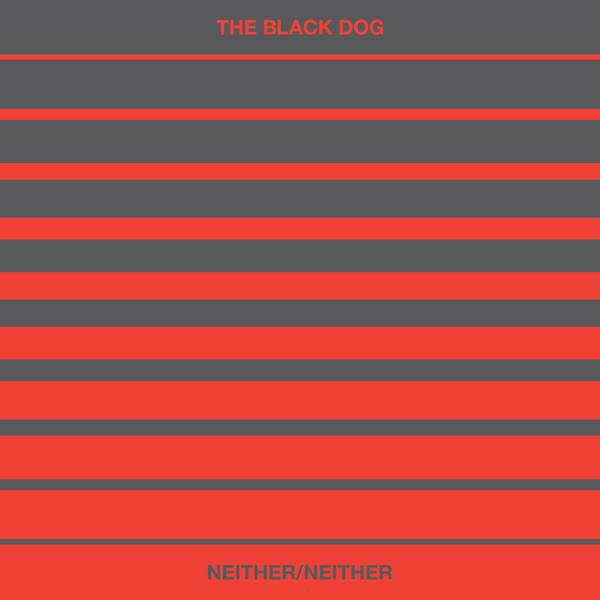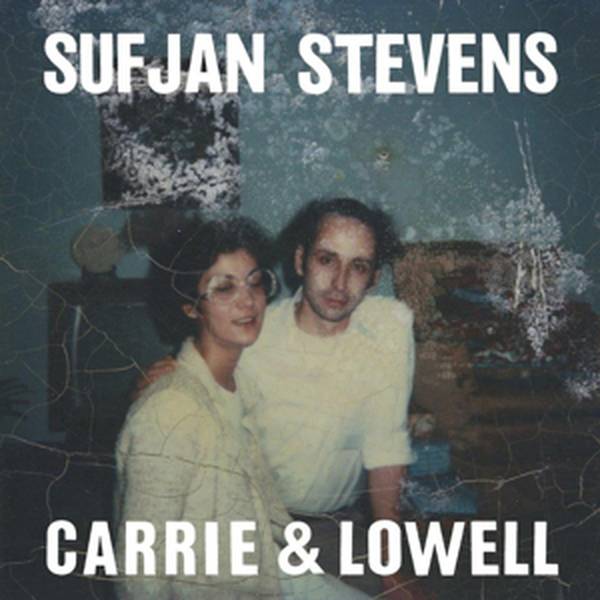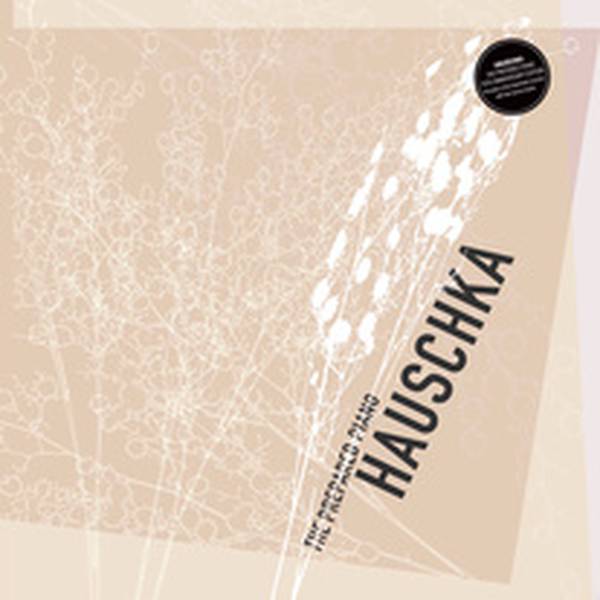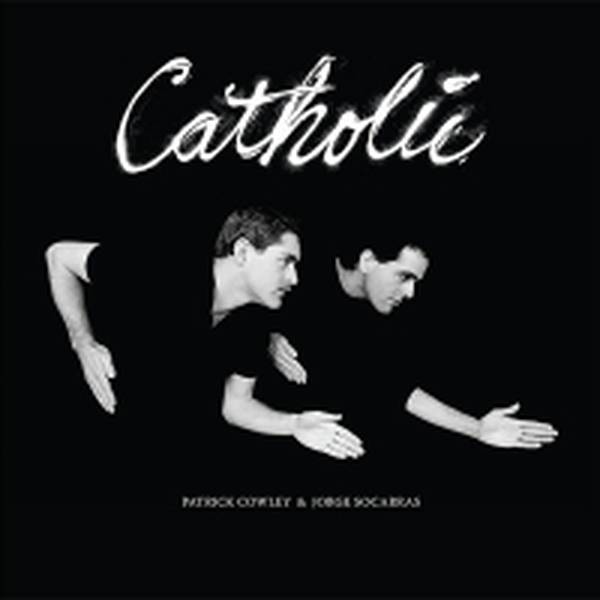
Tax included, Shipping not included
“Paradise is seldom recognized as such until it is considered from the outside”, said the German author Hermann Hesse. Two musical artists are now trying to repair this condition. They create a paradise of love and of sound that works immediately and acoustically in the here and now - and not just in retrospect. The fact that "Liebe Paradiso" (yes, the first part of the title is German for “Love”) is also one of the best Berlin-related albums of our time, although it comes from Rio de Janeiro, makes a lot of sense, when you think of it: The poetic and programmatic cooperation of Ronaldo Bastos, the Brazilian composer, and the singer Celso Fonseca is thoroughly inspired by the creative spirit of the German capital - and at the same time a masterpiece of Brazilian pop music.
Developed and crafted over a period of three years and during countless recording sessions, inspired by long stays in Berlin and illustrated with photos, sounds and videos (the latter only on the net) of these trips, “Liebe Paradiso" also connects some stars of Bossa Nova or MPB (Marcos Valle, Joao Donato, Jaques Morelenbaum, Milton Nascimento) with younger musical-heroes from Brazil like the singer Adriana Calcanhotto or Donatinho of the band "Paraphernalia". Strictly speaking, this album is a reworking of one of the great successes of the Brazilian music-scene of 1997. But, to say it with a Brazilian pop critic who placed "Liebe Paradiso" right behind Jay-Z/Kanye West and the Derek Trucks Band in his year’s best charts at #3: "This has nothing to do with laziness, but with a thorough and very sophisticated artistic approach. You should treat yourself to this album at least a dozen times under headphones, because every listen reveals wondrous new details.” Almost 16 years ago the protagonist Bastos and Fonseca produced eleven tracks for the album "Paradiso” – rather reduced, often only with guitar, vocals and percussion, a sort of modern "Bossa Nova". The immediate and enduring success of this album still reverberates ten years later, after Bastos "surprisingly came to a lot of money," as he puts it – and had the idea to invest his unexpected windfall in a revision of the album. "I had the feeling that the “Paradiso” still had unfulfilled potential," says Bastos, a longtime colleague and hit-supplier for Tom Jobim, Edu Lobo, Dori Caymmi, Milton Nascimento and Ed Motta. "I wanted to work on every track of the album, recording new instruments and especially voices and texts to it. It was a long process and it was clear to me that I would publish the results only if this experiment really succeeds. If I had not been happy with it would never have been released.”
"Paradiso", the very first track of the album, already shows the potential of this new approach shows impressively. In the original version Celso Fonseca's singing and guitar playing was only accompanied by the trumpet of jazz-hero Marcio Montarroyos and a string quartet led by Eduardo Souto Neto. The "Love"-version adds synthesizers by Sacha Amback, a musical saw by Carles Campi Campon, loops by Duda Mello, percussion by Marcelo Costa and Goethe's "Song of the Spirits over the Waters", the latter recited in German by Christian Kellersmann, a musicians of the German group “Die Zimmermänner”, and at this time also the managing director of the department "Classics & Jazz" at Universal in Berlin. "In my opinion, this CD is taking stock of current Brazilian pop music," says Kellersmann, a longtime friend of the producer. "It has elements of Bossa, a little Samba, a little bit of Rock, a bit of Walter Wanderley, a bit of Jazz." The fact that Soul and Funk also have a part in this production, is evident in the new version of "Polaroides" with the Brazilian Soul Diva Sandra de Sa: not only the tempo was increased for this new version, the key and the groove are different as well. Extremely wonderful is a description that also fits the dramatic ballad "Flor Da Noite", sung by the then-70-year-old Nana Caymmi, daughter of the composer Dorival Caymmi and Gilberto Gil's ex-wife ... and so on.
All this is definitely interesting, but ultimately does not really matter: "Liebe Paradiso" works without the eventful stories behind it and the impressive production history. “”Liebe Paradiso” provides a dense, vigilant and passionate lyricism," says the writer Marco Lucchesi. “A window to the Other. Compassionate, sympathetic and with a refined economy of means. The totality and the fragment. The more within the less. As if each composition was a solitary voice, nostalgic for a clear and insatiable horizon. (…)A work of poets, dedicated to poets. A rare jewel in recent MPB (Brazilian Popular Music).” And, one might add, one that is able to regain our sonical Paradise, no matter how much Hesse or Dante may object. “Liebe Paradiso” is just a few shades below heavenly.
